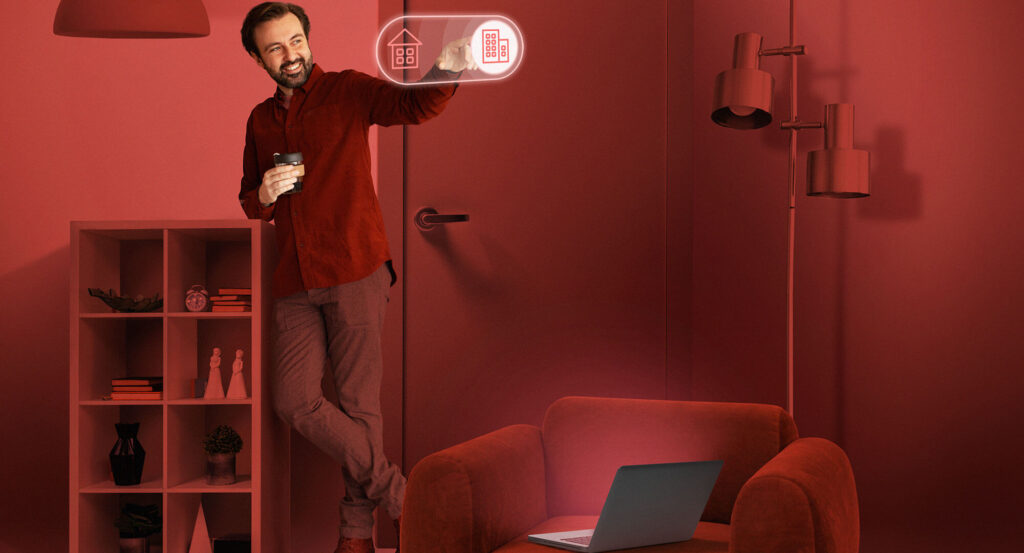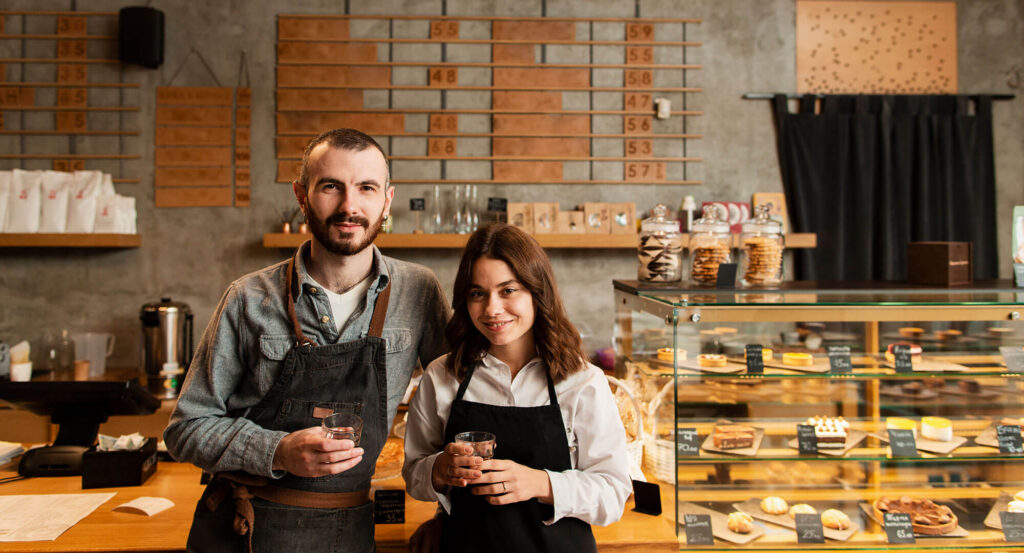
CRO é sobre dados
CRO não é sobre o que você acredita; é sobre dados Tempo estimado de leitura: 3 minutos Experimentar novas ideias no site é extremamente complexo. Encontrar oportunidades parece muito fácil, pois todos temos uma área que “sabemos que poderia ser melhorada”. Mas isso pode levar a um caminho de mudanças



